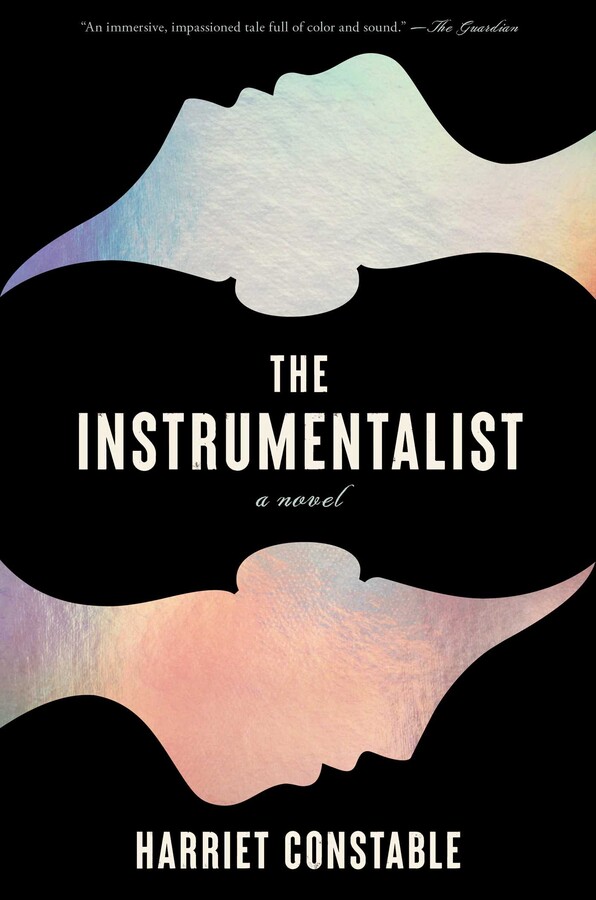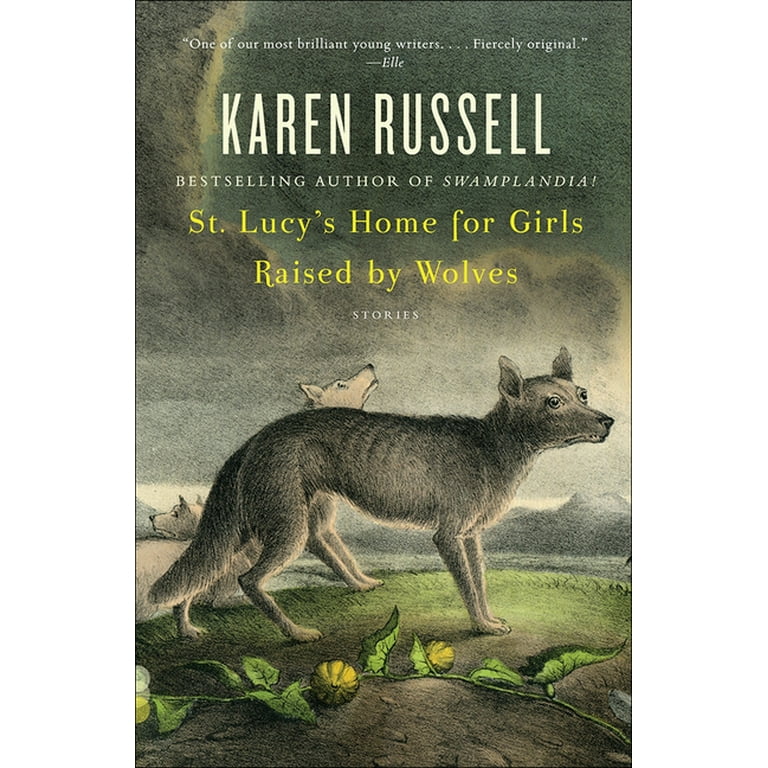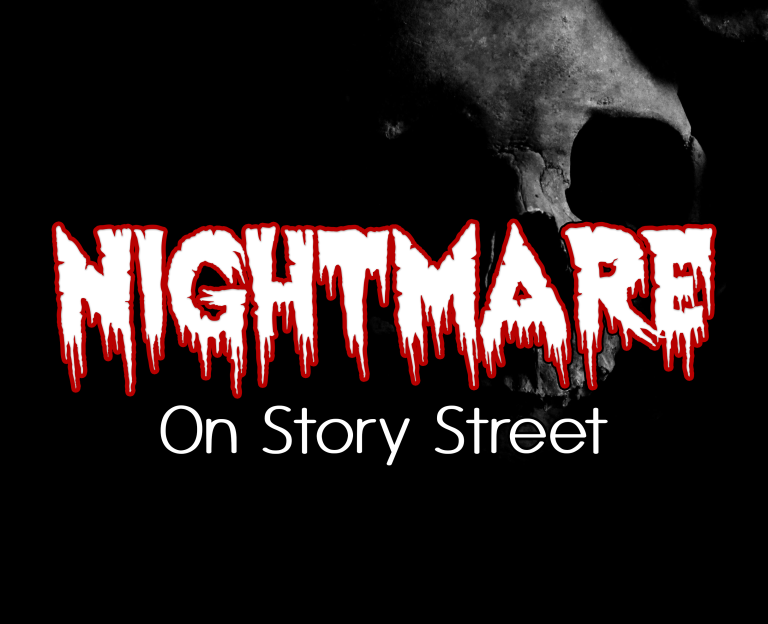In 18th-century Venice, female babies of prostitutes are commonly drowned in the canals, but a lucky few are placed through a box in the wall of the Ospedale della Pietà. Inside, the girls are given music lessons from a young age, and those who excel can escape the fate of being married off to anyone who will have them. Anna Maria is determined not only to be spared by her music but to be the best violinist ever. Anna Maria della Pietà will be remembered, and she believes her teacher, Antonio Vivaldi, will help her make it happen. She will do whatever it takes to be the best, even if that means losing the only people she has ever loved and even herself.
History may have mostly forgotten Anna Maria della Pietà, but in her debut novel, The Instrumentalist, Harriet Constable ensures she will never be forgotten again. Written in prose as beautiful as the music she describes, Constable brings alive the Republic of Venice in the 18th century. Readers who enjoy complex characters and getting a look behind the curtain will love Harriet Constable’s debut novel. Beautiful, tense, and emotionally complex, The Instrumentalist is impossible to put down.
Thank you to Simon & Schuster for providing this book for review consideration via NetGalley. All opinions are my own.
For writers looking to learn more about writing, Harriet Constable does an outstanding job of using her prose to complement and inform the novel’s atmosphere. At its heart, The Instrumentalist is about music, and music takes center stage in every aspect of the writing. Constable uses familiar writing techniques but elevates them by focusing on music.
Personification
“The chimes shiver out from the bronze mouth, glide over the domed roof of the Basilica, lick the cockles lining the mud-drenched canal, and filter through a gap between pavement and wooden door.”
The sound or music from the bells is personified here, allowed to come alive and live nearly as a character of its own, even if only briefly.
Word Choice
“Applause echoes around the chapel, delicious and addictive, plucking Anna Maria to this moment.”
“The quiet calms her, the full stomach lifting her mood an octave or more.”
“She cannot sleep because blood pumps fast through her veins, heart drumming at her ribs.”
The choice of musical words elevates these sentences and helps to build the atmosphere within the novel. For more about word choice, check out this Story Street article.
- Harlem Rhapsody by Victoria Christopher Murray - December 4, 2025
- “The Song of the Blue Bottle Tree” by India Hayford - May 15, 2025
- “Soft Burial” by Fang Fang - April 24, 2025
Sign up to our newsletter to receive new articles and events.




